Just like our gut has helpful microbes, so too does the soil around plant roots. But what happens when antibiotics disrupt this balance?
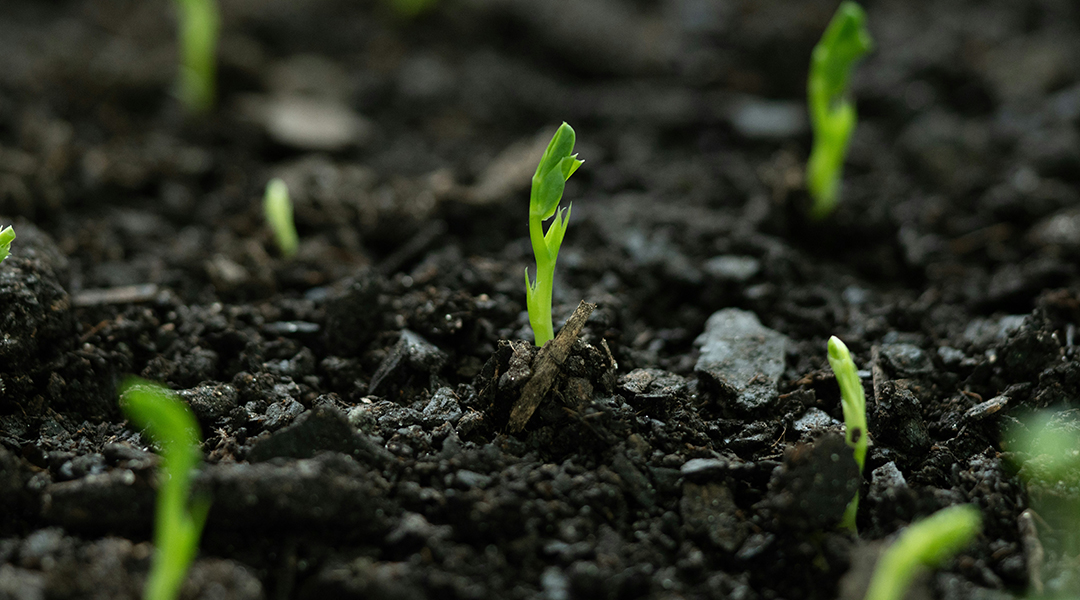

Just like our gut has helpful microbes, so too does the soil around plant roots. But what happens when antibiotics disrupt this balance?
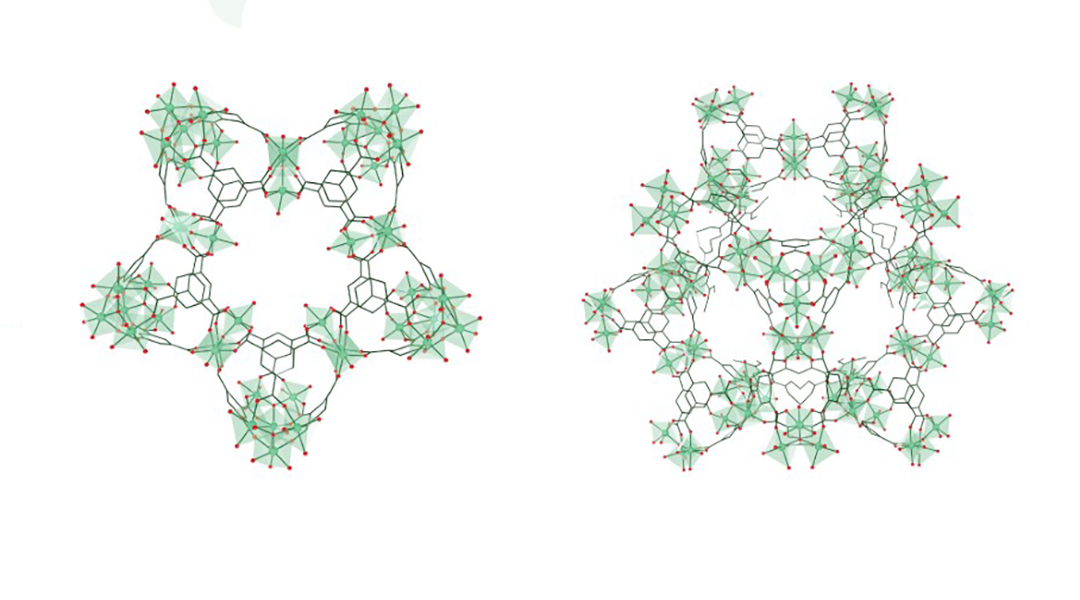
A new material converts NOx environmental pollutants into harmless byproducts without the need for any heat.

There is an urgent need to replace fossil-derived plastics with biodegradable alternatives but do they solve microplastics’ health issues?
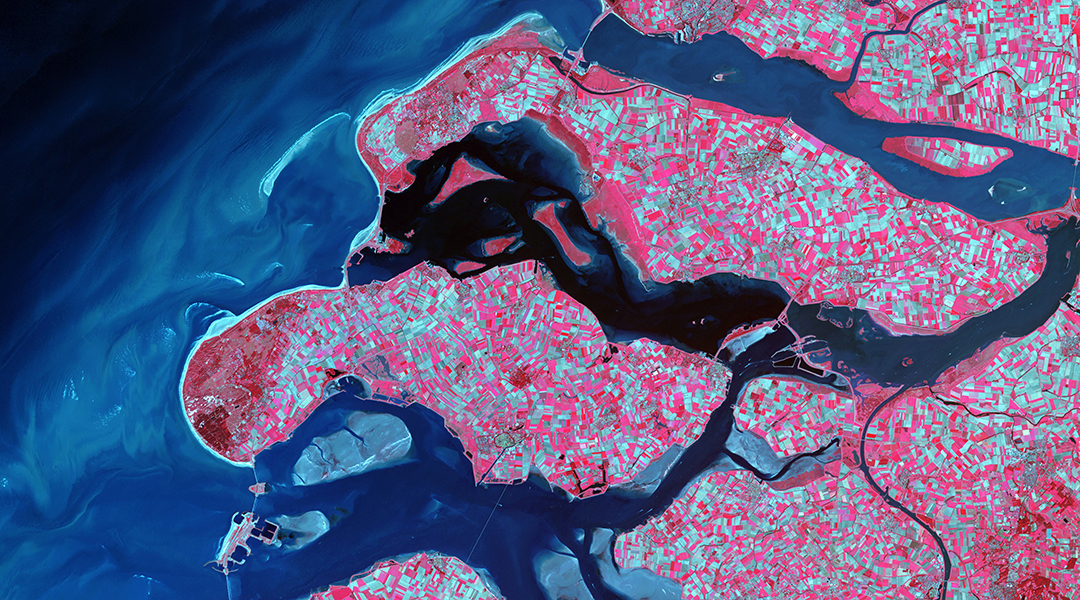
Greenhouse gas emissions are warming up the planet and scientists are turning their eyes to the sky to better track them down.
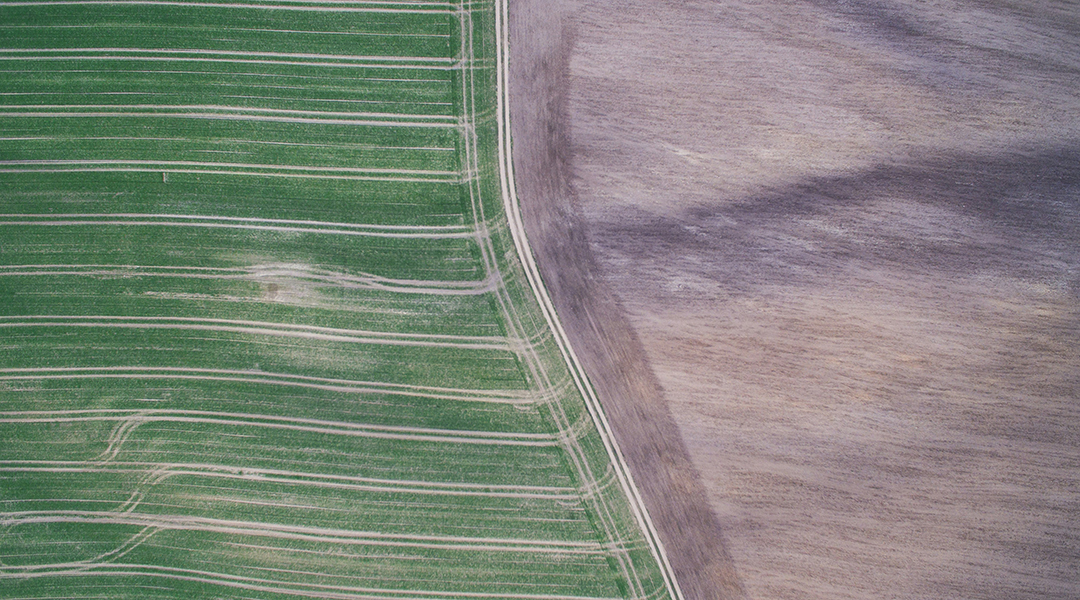
Traditional means farmers used to use for seed selection and preservation may help us cultivate more resilient food in a changing climate.

Nanoparticles disrupted the placenta’s secretion of biomolecules essential for blood vessel growth, hormone production, and immune function.

Global warming caused by human action has continued to increase, even though climate action has slowed the rise in greenhouse gas emissions.
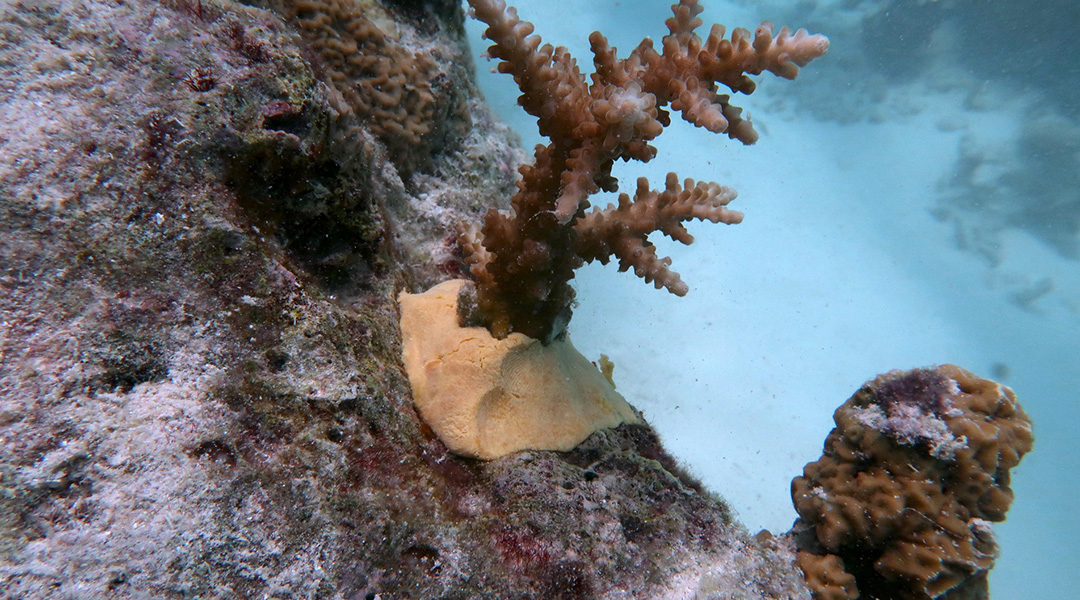
This ocean-safe putty was designed to help seed new coral reefs, offering a much-needed replacement for hardware store products.
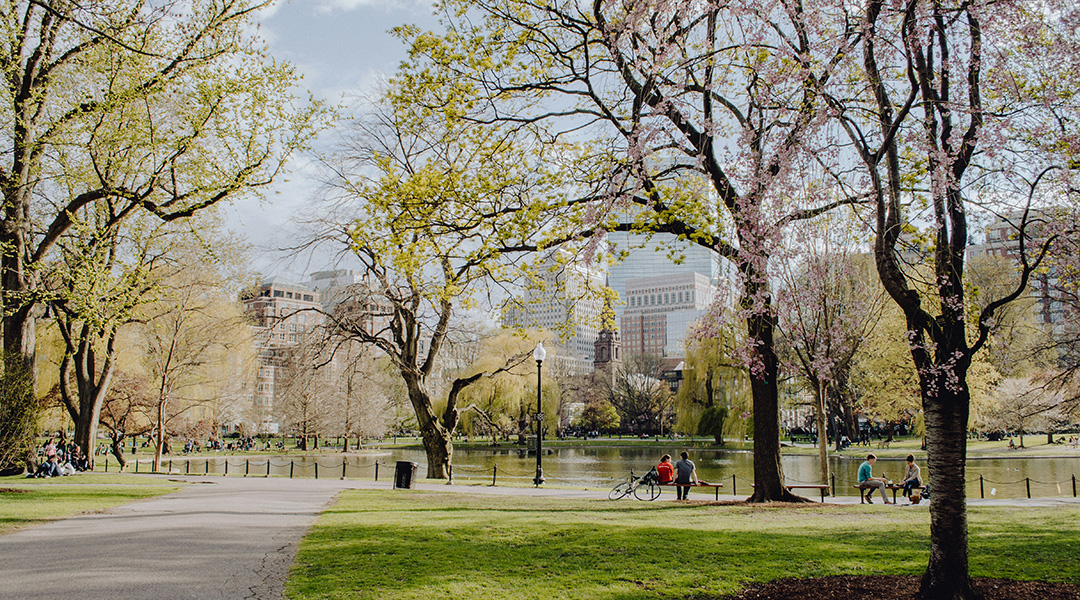
Scientists find evidence that nature boosts healthy food choices, revealing nature’s pivotal role in shaping positive dietary habits.
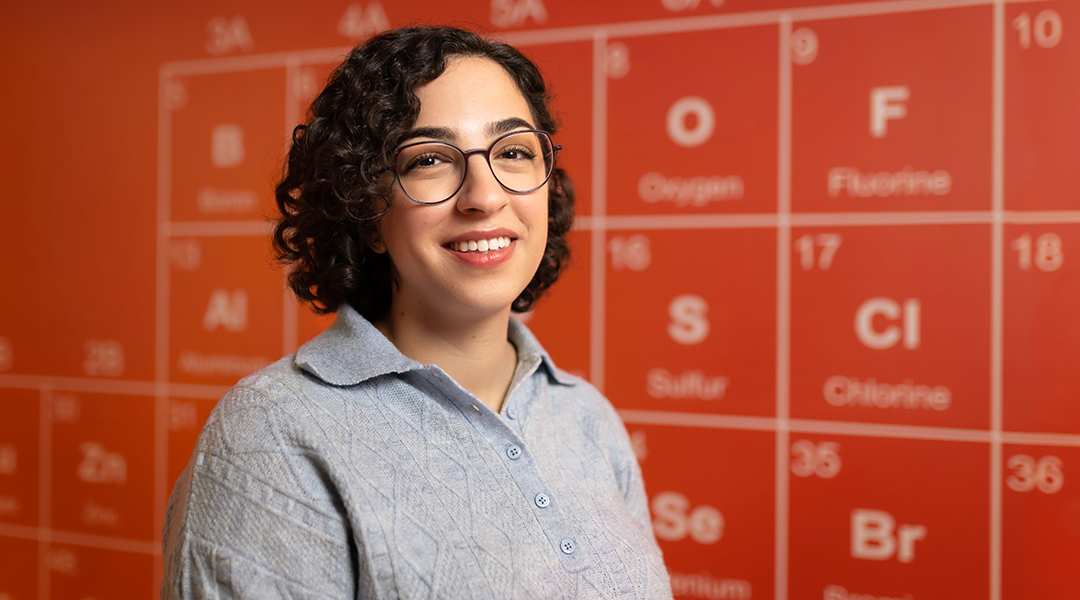
Chemist Shira Joudan discusses environmental contaminants, setting up at a new university, and building a supportive community.